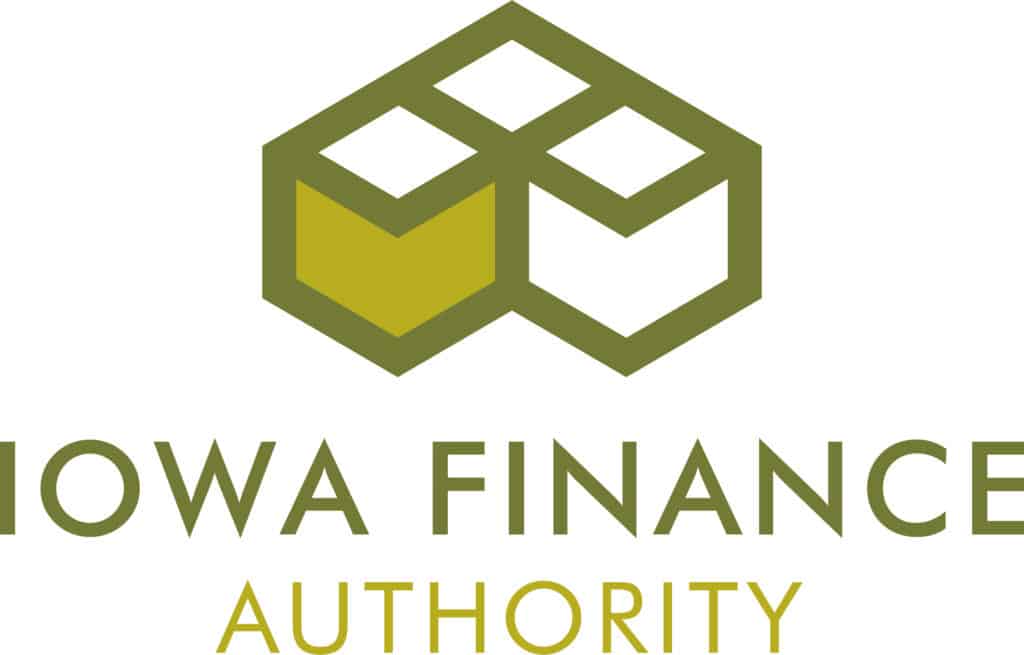Nationwide analysis: Softer rise in producer prices could help tame inflation, lead to September rate cuts

Business Record Staff Aug 13, 2024 | 3:22 pm
2 min read time
471 wordsAll Latest News, Economic DevelopmentA “softer-than-expected” rise in the producer price index in July, a marker of wholesale inflation, indicates more evidence of falling price pressures that could help tame inflation in the second half of 2024 and lead to interest rate cuts, according to an analysis by Nationwide Financial Markets Economist Oren Klachkin.
The PPI report released Tuesday by the U.S. Bureau of Labor and Statistics shows the price index rose 0.1% month over month in July, a bit slower than consensus expectations and weaker than June’s 0.2% month-over-month gain, Klachkin said in a news release.
“A better balance in the product and labor markets will temper inflation and set the Fed down the path of rate cuts, starting in September,” he said.
Final demand prices rose 0.2% in June and were unchanged in May, according to the government report. Klachkin said the higher goods prices were largely due to higher energy costs, predominantly for gasoline.
Final demand services fell 0.2% in July, the largest decrease since March 2023, according to the bureau’s report.
“Based on early August data, we can expect this to unwind in the next PPI reading,” Klachkin said. “Last month’s drop in PPI services prices matched the weakest since March 2023 and was constrained by a weaker trade services reading (our proxy for corporate margins) – led lower by machinery and vehicle wholesaling though other components also recorded declines. We take it with a grain of salt since it comes after a pop in June, but on the face of it a lower trade services reading in July signals businesses are facing a tougher environment.
“The components feeding into the PCE prices reported a mix of monthly gains and losses, but the y/y rates generally suggest we will see a lower annual reading in the Fed’s preferred price metric,” Klachkin said. “We’ll have to see how the CPI data pan out to get a firmer handle on July PCE prices.”
The July decline in prices for final demand services was led by margins for machinery
and vehicle wholesaling, which decreased 4.1% in the report. The indexes for food and alcohol retailing, automobiles retailing, automotive fuels and lubricants retailing, desktop and portable device application software publishing and physician care also fell.
Prices for portfolio management rose 2.3%. The indexes for chemicals and allied products wholesaling and for truck transportation of freight also rose in July.
Stock market futures rose following the bureau’s report while Treasury yields edged lower, according to a report from CNBC.
The PPI is considered a leading indicator for inflation as it gauges pipeline inflation from the perspective of manufacturers and suppliers of goods and services, according to CNBC. The consumer price index, expected to be released Wednesday, measures the actual prices consumers pay in the marketplace.
Economists also expect 0.2% monthly increases for both headline and core CPI, the CNBC report says.










